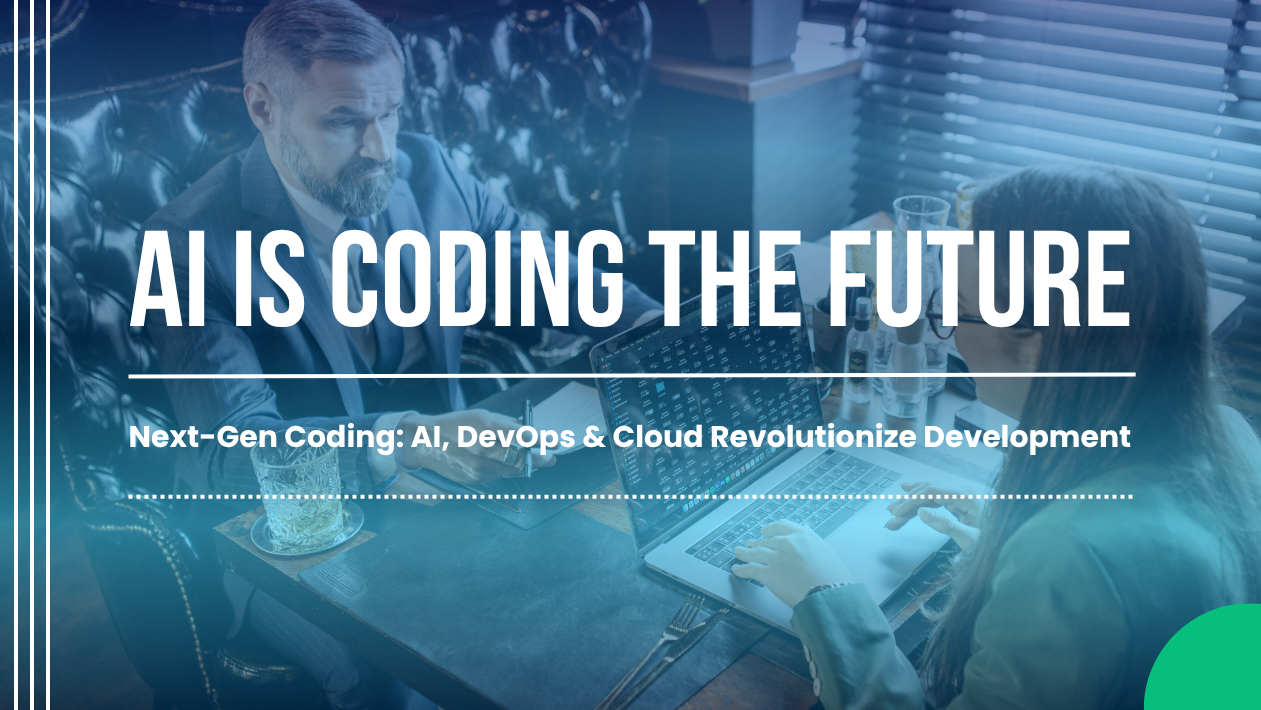Introduction
Agile methodology has been a cornerstone of software development for over two decades. However, as technology and business needs evolve, so too must our approaches to development. Enter Agile 2.0—a refined and adaptive version of the original Agile principles, designed to address the complexities of modern software creation.
The Need for Agile 2.0
Traditional Agile practices, while effective in many scenarios, often fall short in large-scale enterprise environments. Challenges such as cross-team coordination, integration of emerging technologies, and alignment with business objectives have highlighted the need for a more robust framework.
Key Characteristics of Agile 2.0
- Business-Driven Development: Agile 2.0 emphasizes aligning development efforts with business goals. This ensures that every sprint delivers value that directly contributes to the organization’s objectives.
- Enhanced Collaboration: Beyond developers and product owners, Agile 2.0 encourages collaboration with stakeholders across the organization, including marketing, sales, and customer support, fostering a holistic approach to product development.
- Integration of Emerging Technologies: Agile 2.0 incorporates practices that facilitate the adoption of new technologies, such as AI, machine learning, and blockchain, ensuring that development teams can swiftly adapt to technological advancements.
- Continuous Learning and Improvement: Agile 2.0 promotes a culture of continuous learning, where teams regularly reflect on their processes and outcomes to identify areas for improvement.
Implementing Agile 2.0 at “The Tech Whale”
At “The Tech Whale,” we have adopted Agile 2.0 to enhance our software development processes. By aligning our development efforts with business objectives and fostering cross-functional collaboration, we ensure that our solutions not only meet technical specifications but also deliver tangible business value.
Conclusion Agile 2.0 represents the next step in the evolution of software development methodologies. By embracing its principles, organizations can navigate the complexities of modern development and deliver solutions that drive business success.





